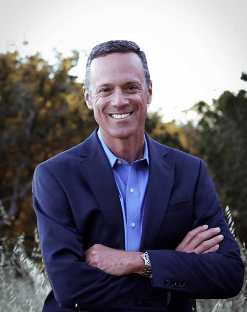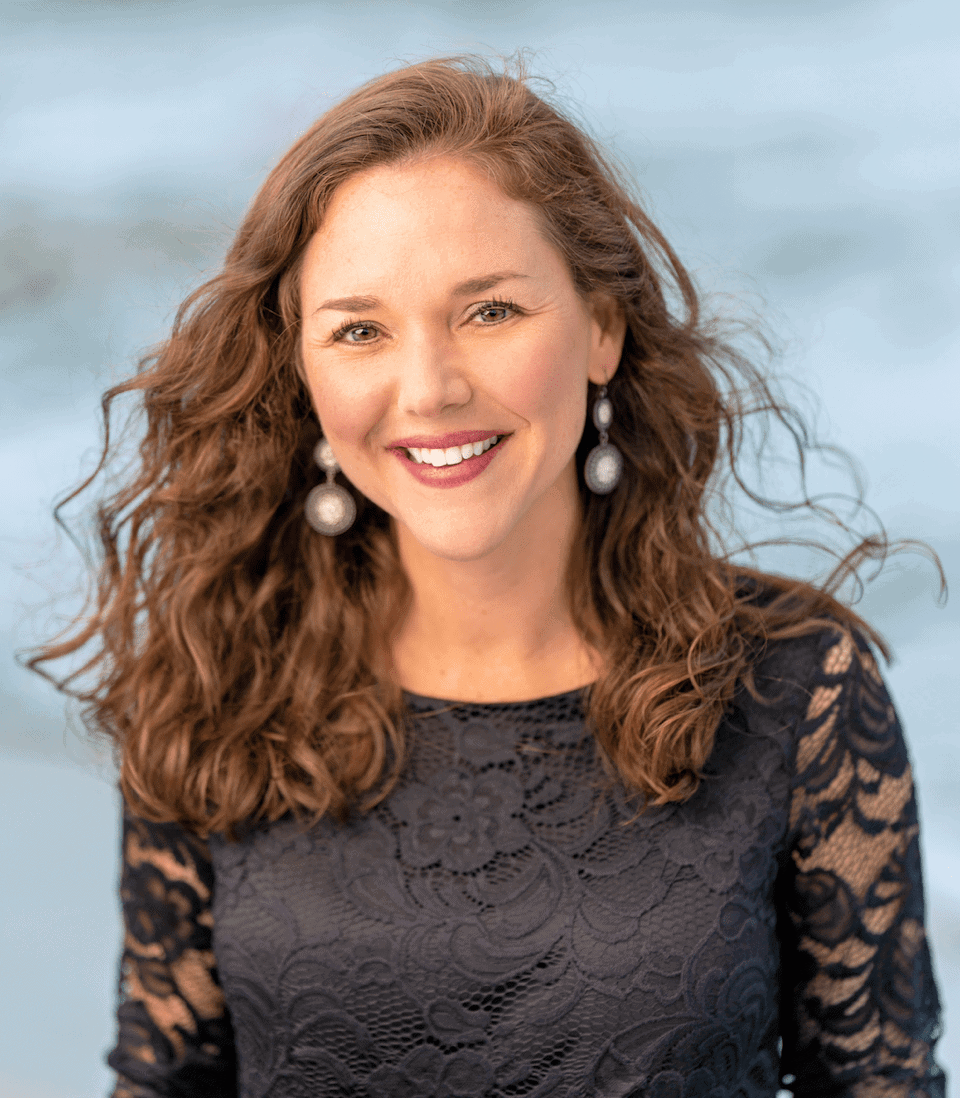/ News Posts / The Three-Legged Stool
The Three-Legged Stool
Creating and Maintaining Stability in Education
By Dr. Kris Cosca and Dr. Lori Schwartz Reichl
“Without a continual growth and progress, such words as improvement, achievement, and success have no meaning.”—Benjamin Franklin
For centuries, the three-legged stool has been symbolic of stability. This simple stool brings balance to its user when the three legs remain strong regardless of the conditions in which it is being used. Weaken or eliminate one leg and the stool fails—taking the user out of balance. Search “three-legged stool” within just about any industry and you will find perspectives on what professionals in that industry believe are the three keys to creating balance in their chosen field and personal lives. Within education, this stability can apply to and influence the entire school and community, including students, caregivers, staff members, and supporters.
A Need to Be Seen, Heard, and Valued
Educators are yearning to be seen, heard, and valued in their work. They want to be recognized and appreciated for their daily efforts in their classrooms, schools, systems, and communities, as well as included in the decision-making process. When this acknowledgment occurs, educators are more likely to achieve stability and continue in their educational careers by positively impacting the lives of those they serve and lead.
With the national teacher shortage nearing 40,000 vacancies, stability in the job must be assured. How can this stability be maintained through a career that often lasts three or more decades? Consider focusing on a different perspective on the three-legged stool to allow educators to create and maintain stability for a lasting career by finding fulfillment in the work, achieving student-centered success, and improving work-life balance:
Leg 1: Fulfillment in Work
Fulfillment can be defined as “satisfaction or happiness as a result of fully developing one’s abilities.” The work of educating young minds is challenging even on the easiest of days. For educators, unfortunately, these easy days have been few and far between in the last several years. The expanding scope of our educational system is dramatically impacting those working within it. Many educators and leaders have become overwhelmed, burned out, and have lost their sense of fulfillment. Although a sense of fulfillment can be recalled, it typically takes intentionality to do so.

Photo: Richard Twigg Photography
In order to return to a sense of fulfillment or establish one, educators should reflect upon why we entered into the profession of education, why we may like to remain in the field, and in what capacity we want to continue. What elements of the work bring us happiness and joy or at one time did? Once determined, we can find ways in the day or the week to build those elements into our rituals and routines by regularly placing them into our calendars, lesson plans, and meeting agendas.
Additionally, educators should continue to find ways to learn and grow as professionals. This does not necessarily need to be through formal education or school or district professional learning opportunities. This growth could be through trying something new, gaining a new skill, utilizing different resources, or connecting within a network with like-minded educators. By expanding our circles, we can discover what is working and not working for our colleagues and those we admire. In addition, by building the things that bring us happiness and joy into daily rituals and routines and continuing to learn and grow, a sense of fulfillment can be, intentionally, built back into our long-lasting careers.
Leg 2: Student-Centered Success
The reason our schools exist is to facilitate student-centered success. As the scope of what is expected of public schools has expanded exponentially over the past several decades, the public ways we measure and promote success have remained constant. Student performance on summative state and nationally normed assessments continues to carry and influence the school day even when we know these are insufficient tools to truly measure student success. Educators should look at student-centered success through the lenses of social-emotional, behavioral, and academic achievement. While difficult to measure, each of these three successes is essential to our students, school systems, and society.
Ensuring this success is the responsibility of everyone within the school system; however, most of this pressure is felt by teachers and building-level administrators, such as principals and assistant principals. And while it comes with pressure and scrutiny, there is little more rewarding than educators experiencing our students thriving in these critical and life-changing areas. When educators continue to learn, grow, and develop in support of student-centered success and observe students finding and maintaining this success, fulfillment in work may be stabilized, too.
Leg 3: Balance in Life
There is a quote by Jana Kingsford that reads, “Balance is not something you find, it’s something you create.” This can be applied to educators, too. As the scope of what is expected from our schools and school systems increases and staffing declines, the burden of this new scope of work is distributed across all of those within our educational systems. Without the ability to extend our days, there comes a push and pull between the number of hours worked and the hours spent away from work. Educators are entitled to do those other things we love, such as enjoying hobbies and activities, taking care of our families, resting, and recovering. Far too often the pulls of work are beating out the pulls of life during this critical time in our educational epidemic.
Another factor impacting balance is the constant access caregivers have to educators through email, messaging, and even social media. Drawing boundaries as educators is an essential part of establishing and then maintaining balance. The expectations of those within our community of education will not change without intention. Those working within schools and school systems should develop norms for communication and stick to them. These norms should clarify what sort of messages should be communicated, in what way(s) and through which platforms, and what a reasonable response time may be. For example, nothing urgent and time-sensitive should be sent via one form of communication alone, and the response time to an email might be considered as two business days. If norms like these are developed, mutually agreed to, and then followed, this limits the feeling of urgency around checking and responding to emails 24/7. This is another key change to creating a sense of balance and stability in the job.
Ensuring Stability
Educators can utilize the three-legged stool as a symbol of stability to foster purpose and balance in both our work and that of our students. Although uneven weight may be applied to each leg of the stool at different times of the school year, the goal is not to weaken any one leg too often. Every educator must maintain this sense of stability to ensure fulfillment in work, student-centered success, and balance in life. Even though it is a continual growth and progress, this method is essential to creating and maintaining stability in education.
About the authors:
 Kris Cosca, Ed.D. has dedicated his career to public schools for 30-plus years as a teacher and administrator. Most recently, he served as superintendent of a 7,500-student district in Northern California. Kris has experienced the joys and the challenges at every level—from the classroom to the school board room. He navigated curriculum changes, enrollment challenges, pandemic restrictions, labor negotiations, staff burnout, and much more. As a leadership coach, Kris now shares his expertise with Next Level Leadership Services clients.
Kris Cosca, Ed.D. has dedicated his career to public schools for 30-plus years as a teacher and administrator. Most recently, he served as superintendent of a 7,500-student district in Northern California. Kris has experienced the joys and the challenges at every level—from the classroom to the school board room. He navigated curriculum changes, enrollment challenges, pandemic restrictions, labor negotiations, staff burnout, and much more. As a leadership coach, Kris now shares his expertise with Next Level Leadership Services clients.
Public service runs in the family. Kris’s father was a long-time district superintendent in Southern California, his mom was an occupational therapist at a state hospital, and Kris married a high school science teacher, with whom he has two adult children. Dedicated to his Napa Valley community, Kris serves on the Connolly Ranch Education Center board of directors and supports local, environmentally-friendly acts of kindness through his Facebook Group, Earth’s Everyday Heroes.
Kris also is an avid outdoorsman who fly fishes, ties flies, backpacks, hikes, runs, and cycles.
Dr. Lori Schwartz Reichl is a champion of mentorship and motivation. Her mission is to encourage individuals to reflect on our practices while making key changes to refresh strategies that represent a shared vision to enrich the classroom, company, and community. Dr. Reichl’s unique experiences have permitted her to expand her multifaceted career into a portfolio as a frequent educational consultant, adjudicator, guest conductor, university instructor, and motivational speaker.
Dr. Reichl is the author of nearly 100 educational articles that have been reprinted with permission by more than 10 organizations worldwide. Since 2019, she has had at least one article per year highlighted on the Top-10 Most Accessed Music Education Blogs for the National Association for Music Education, earning the #1 spot in 2022. She designed these mentoring pieces into two graduate courses that she instructs at The University of the Arts (Philadelphia) and VanderCook College of Music (Chicago). She also creates inspirational content for a monthly newsletter consisting of thousands of subscribers. Dr. Reichl has presented hundreds of professional development sessions and keynote speeches for educational systems and organizations in half of the nation’s states including at international events. In addition, she has been interviewed for 16 education and leadership podcasts.
Dr. Reichl has served as a proud educator since 2001. In Pennsylvania, she received the Superintendent’s Award for Excellence in Teaching from the Daniel Boone Area School District, and in Maryland, she was a finalist for the Howard County Parents for School Music Educator of the Year Award and the Howard County Public School System’s Teacher of the Year Award.
Contact Dr. Reichl and invite her to collaborate with your students, educators, and administrators.
Did this blog spur new ideas for your music program? Share them on Amplify! Interested in reprinting this article? Please review the reprint guidelines.
The National Association for Music Education (NAfME) provides a number of forums for the sharing of information and opinion, including blogs and postings on our website, articles and columns in our magazines and journals, and postings to our Amplify member portal. Unless specifically noted, the views expressed in these media do not necessarily represent the policy or views of the Association, its officers, or its employees.
May 9, 2023. © National Association for Music Education (NAfME.org)
Published Date
May 9, 2023
Category
- Retention
- Shortages
- Teacher Self Care
Copyright
May 9, 2023. © National Association for Music Education (NAfME.org)







